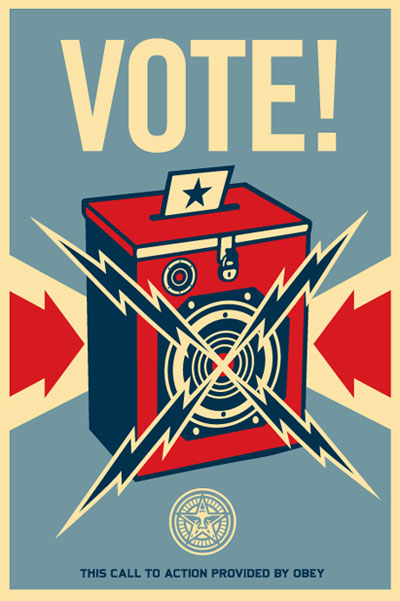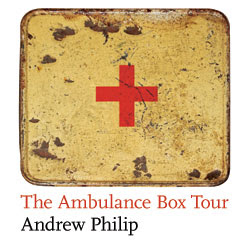 The Clockwork Gift is Claire Crowther's second collection. It's a rich and powerful book from a unique voice. I started off our chat by asking about the poem "Open Plan".
The Clockwork Gift is Claire Crowther's second collection. It's a rich and powerful book from a unique voice. I started off our chat by asking about the poem "Open Plan".
Andrew Philip: Welcome to Tonguefire, Claire. I love the unsettled and unsettling examination of contemporary family life in this poem. What was its genesis?
Claire Crowther: I began to imagine the world of this poem when I went to live in a gated estate. It was an unpleasant feeling and I kept wanting the walls and gates to be taken away. The image of walls being taken down persisted in my head and I wrote a few failed poems about gated communities. Then I simplified it to a home in which a couple are powerless to resist the actions of government and are made vulnerable in a way they don't expect.
AP: How typical is that of your writing process?
CC: It's typical that I think of a scene or action in which I am stuck, fearful and confused - I meditate on such a scene for weeks or months. Gradually I take myself out of the scene and universalise it or bring others in or make myself into another character. At this point I am driven to start writing a poem, or a few lines.
AP: Family life, particularly from the point of view of a grandmother, is a frequent area of exploration in the book. However, it's always dangerous for a reader to assume autobiography. How closely do you draw on your own experience?
CC: In a way I always do but only as a starting point. I have always felt what I write about - that's the genesis of a poem. But the detail varies from my own experience - it could be that I observe other families interacting and freely bring in their details. I never feel I have to stick to any one set of facts - I mingle and match facts I've observed to serve the poem which becomes something different. In the end, there is rarely any autobiography at all - the poem has taken over completely.
AP: You also use and even create myth. How did the set of poems about the thike come about?
CC: I feel very strongly about the way we human beings make ourselves 'other' all the time. We seem to treat people outside our own groups as differently as we treat animals. I wanted a story - or myth - that would express that. I also think animals are interesting because our care and/or use of them is so complicated and so often destructive. But I was also happy to depict a thike as human because I think there is very little difference in our treatment of humans and animals in some circumstances.
AP: Are you done with the thike or will we see more of it in future?
CC: I'm not done with thinking about the thike - but I can never plan for poems so I don't know if any more of these poems will emerge fully finished.
AP: Do you feel able to tell us what you're working on at the moment?
CC: I'm working on a series of poems about an imaginary village called Low Village - it serves as a mythical underworld. I lived in a village for twenty two years so, though these poems do not describe that village, many of my feelings about village life are expressed in these poems. They are not realistic poems. The human thike in "Sleeping on a Trampoline" lives there.
AP: The formal variety in The Clockwork Gift is striking. I'm especially interested that you sometimes slip between verse and a prose-poem layout within a single poem. Will you comment on that and on your relationship to the space of the page?
CC: I would like to do more with the space on a page. I love the white expanse and have not yet explored it fully. Alternating prose and verse is another tool to pace a poem and help a reader extract more meaning from a situation. I am still writing poems with that form. I understand that haibun poems use prose as well as verse so I haven't invented it.




.jpg)





